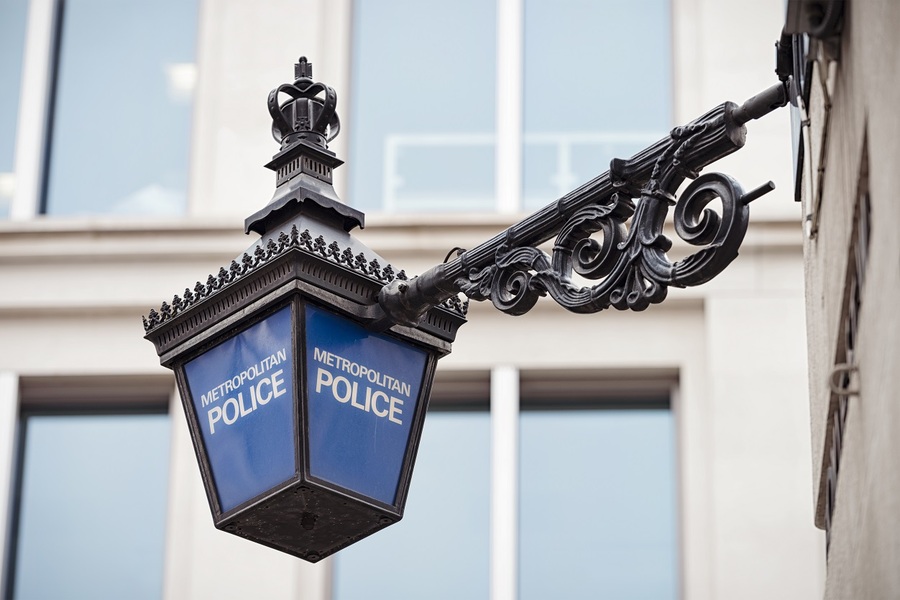The final report published in March 2023 highlighted:
- Systemic and fundamental problems in how the Met is run.
- Failings to uphold a standard of integrity amongst staff.
- Deep seated cultural issues that need to be tackled, including too much hubris and not enough humility, defensiveness, and denial, speaking up not being welcome, an optimism bias and elitism.
- Failings to protect subsections of society (notably women and children).
- A lack of accountability and transparency.
- Institutional racism, sexism, and homophobia both internally in how staff and officers are treated and in the organisation’s dealing with the communities it is there to police and protect.
To address these issues, the report recommends:
- A new independent, multi-disciplinary team of officers to deal with misconduct cases as well as stricter vetting procedures for new officers.
- Permanent appointment of individuals with specialist expertise to overhaul the management of the organisation and lead the reform of the culture of force.
- A governance structure to oversee, scrutinise the necessary changes, and ensure full transparency and accountability to the public.
This review was vital following a feeling of widespread distrust in the Met and several very public failings. However, culture investigations for organisations do not need to be reactive in nature and addressing suspected cultural issues both head on and early can prevent systemic challenges developing.
Here we look at why reviewing your organisation’s culture is important and how you should go about it.
Why is it important to review your organisation’s culture?
An organisation’s culture is most easily defined as a set of shared beliefs and attitudes about the way in which things are done. An organisation’s culture as experienced internally by staff and perceived externally by your clients can have material impact on your organisation’s success.
Internally, the type of culture that is fostered by your organisation will influence the employees you attract, retain and the diversity of those employees, all essential in the competitive employment market organisation’s find themselves in. It will affect how workflow moves through your organisation, how challenges and obstacles are dealt with and how your employees interact with one another. What the Met’s culture overtly lacked was an environment in which employees felt comfortable speaking up to report issues they witnessed and for those who did, there was an absence of support and protection. Externally, if your organisation is perceived as possessing a harmful culture or if your clients experience the negative culture during their interactions this too will impact the types of clients you retain and wider opinion of your organisation.
Reviewing your organisation’s culture will allow you to identify the belief systems and attitudes that underpin your organisation and take stock of whether the culture aligns with what you want your organisation to represent. A review will assist in identifying areas of weakness in need of improvement and areas of success that can be replicated.
Embarking on culture reviews with an open mind as to what you will uncover is also important, as the report on the Met’s culture identified a malaise within the organisation to deal with obvious issues and a strong defensiveness and denial about the scale of its problems.
Handling a culture review:
- What aspects of your culture are you looking to investigate? This can be wide, but where the decision to conduct a review has been initiated in response to a particular issue, for example a homophobic incident, this might guide the scope of your enquiries, i.e., into the experiences of LGBTQ+ within your organisation.
- Who will conduct the review? Investigators should be as experienced and as unbiased as possible. Where the review’s scope is wide, complex or the issues affecting your organisation are deep rooted, using external investigators is recommended.
- Your methodology. Will employees (or clients) be interviewed or will feedback be provided through anonymous surveys, which can provide more candid responses. Consideration must be given into the most effective routes to gathering information.
Managing the findings
Culture reviews are usually undertaken with a view to respond to the findings and ultimately improve your organisation’s culture. For this reason, the findings of your review are paramount to directing change. The measure of a great culture review is the success in which you can process your finding and transform them into tangible actions and outcomes, be it introducing new policies and training for your employees or reviewing governance structures.
If you are faced with concerns regarding your organisation’s culture, our team of experienced and impartial employment investigators can help. Please call us for an initial chat on 0808 196 3151 or learn more here.




